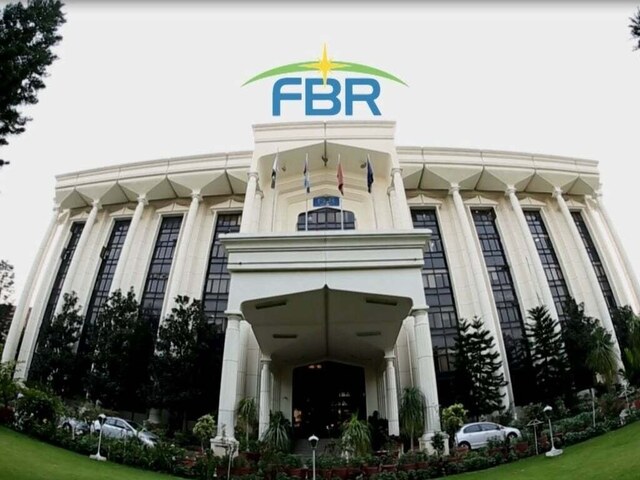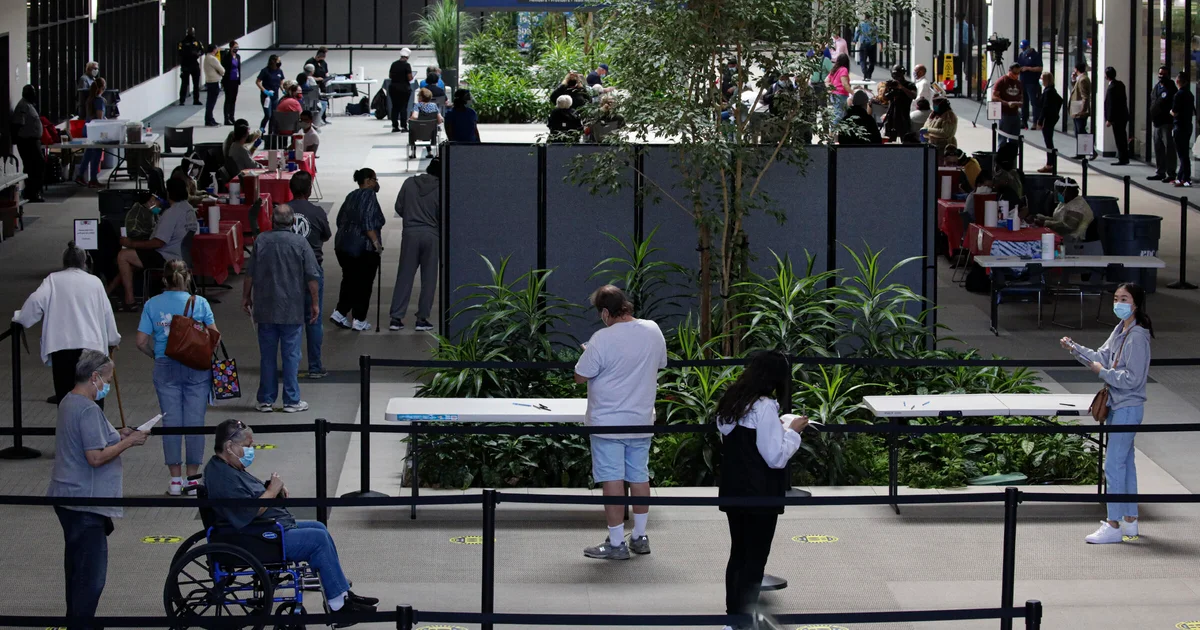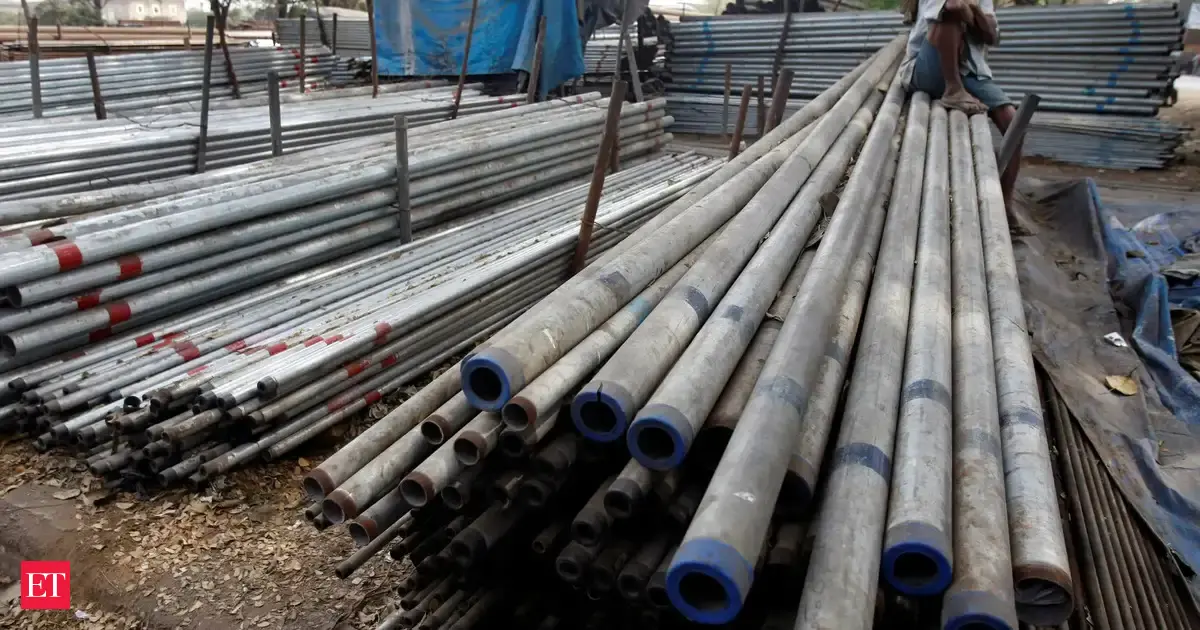By Sarah George,Sme Climate Hub
Copyright edie

From farm to fork, climate change threatens to disrupt supply chains, increase costs, and jeopardise food safety. For small and medium-sized enterprises (SMEs), these risks are particularly acute, but so too are the opportunities. To navigate this new landscape, these businesses need targeted, sector-specific support.
While farming may be the most visible part of our food system, which is responsible for up to 37% of global emissions, the impact of processing, distribution, packaging, and logistics cannot be ignored. In these areas, SMEs are critical players.
Zooming out of the food and beverage sector, SMEs make up roughly 90% of businesses globally and are major employers, providing seven out of 10 jobs in emerging markets. In the UK, 77% of SMEs consider themselves to be in at least one supply chain relationship, making them the backbone of all industries.
The good news is: more and more companies understand that doing their part to halt climate change makes good business sense. For small businesses in particular, taking climate action helps build resilience amid shifting policy, consumer demands, and global market pressures.
Leadership in action
We’ve seen how a small change can lead to a big impact. Clif Family Winery successfully reduced the weight of a case of its wine by eight pounds simply by switching to a lighter glass bottle. This single action cut transportation costs and the carbon footprint of each bottle by 40%, proving that even seemingly small decisions can create a ripple effect of positive change.
Reducing emissions often goes hand-in-hand with lowering costs. Suma Wholefoods is a UK-based cooperative. Their 2024 Sustainability Impact Report showed they cut fuel use by nearly 50,000 litres by optimising routes, training drivers to reduce idling times, and using biogas trucks.
Similarly, Toast Ale, another UK SME Climate Hub member, has found a novel way to lower its carbon footprint by turning 3.9 million slices of surplus bread into beer since 2016. This creative approach has avoided 7.5 tCO2e of emissions. These examples demonstrate that decarbonisation is not just a cost, but a source of innovation and efficiency.
Closing knowledge and skills gaps
Despite these successes, many SMEs face a significant hurdle: a lack of resources and knowledge. In a survey earlier this year, 41% of SMEs told us that to take greater climate action, they need industry-specific guidance or solutions.
This is why the SME Climate Hub has launched a dedicated Food and Beverage Sector Space, funded in part by Walmart. These free tools were designed in consultation with small businesses and include a sector action checklist to track Scope 1, 2, and 3 emissions. There are also action courses within two priority areas: reducing energy use and tackling logistics.
The importance of value chain collaboration
This is not just an SME issue – it’s also a global supply chain issue. For large businesses, resilient supply chains are essential for overall competitiveness. Beverage manufacturing giant Heineken lowered its Scope 3 emissions by 14% in a single year, in part by supporting its suppliers to adopt renewable electricity and set their own science-based targets.
For big businesses to meet their Scope 3 targets, particularly in the food and beverage sector, supporting SME action is not optional – it’s a prerequisite for building resilient, low-carbon supply chains.
To genuinely tackle emissions across the food sector, action must happen at every level. Large companies need to embed supply chain resilience into their core strategy and actively engage suppliers.
Meanwhile, SMEs must be empowered to pursue the cost-saving opportunities that come with decarbonisation.
By moving in concert, the industry can combine the influence of its largest players with the agility of its smallest, building a stronger, more sustainable, and more competitive future for everyone.
Pamela Jouven is the director of the SME Climate Hub



